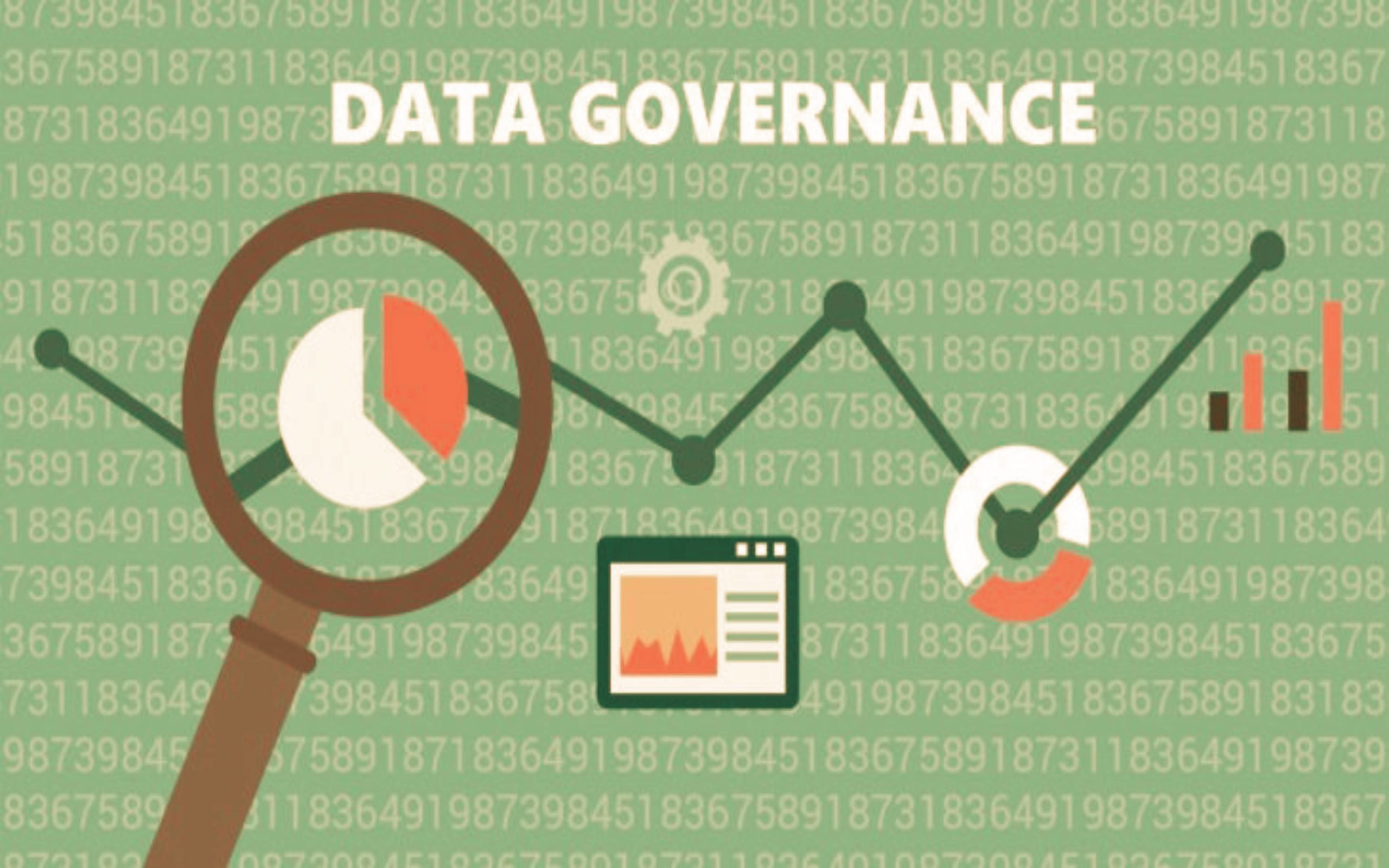Data Governance was one of the trends in Big Data back in 2016. It is also known as data governance and encompasses everything related to managing the availability, integrity, usability, and security of data used in a company. As we can imagine, this implies the elaboration of policies, procedures, and plans, as well as the appointment, in the organization, of a governing body.
This governance of data concerns any individual with an interest in how data is created, how it is collected, processed, manipulated, stored, and made available for use. In essence, it concerns anyone who works with data within the company.
In many cases, it is enough to follow the procedures established by IT for data management, but in other cases, it is necessary to make decisions in another area. We talk about decision-making that affects the business, or that falls within the framework of responsibility, etc.
In these cases, it is essential to establish the aforementioned data governance in order to establish agreed rules and attend to three basic tasks: creating, gathering and aligning the rules, solve problems, and monitor and supervise compliance with the rules.
How a Data Governance Program Is Developed
To prepare a Governance program, a series of steps must be taken into account, which can be summarized as a minimum of the following points:
- Define the owners of the company’s data assets.
- Develop a policy that specifies who is responsible for the different aspects of the data: accessibility, consistency, integrity, and updating.
- Define processes on how data will be stored, archived, backed up and protected.
- Develop rules and procedures that define how the data will be used by authorized personnel.
- Establish a set of controls and audit procedures that ensure continuous compliance with the standards.
Data Governance programs have a very simple set of objectives. Among the most important, we have:
- Improve decision making.
- Reduce friction.
- Protect staff needs with an interest in data.
- Train staff to adopt common approaches to data-related problems.
- Build standard processes.
- Reduce costs.
- Guarantee the transparency of the processes.
Data Governance implies having quality data, but today, with Big Data, the complexity in matters of unstructured data is enormous. Therefore, effective control of data is a key need in companies.
If we refer to data in the company, there are three interrelated and very important concepts: culture, technology, and data governance. In this way, through effective data governance we can adapt to the demands of Big Data; At the same time, the new scenario involves substantial technological changes to support the acquisition, and new data-driven business culture.

